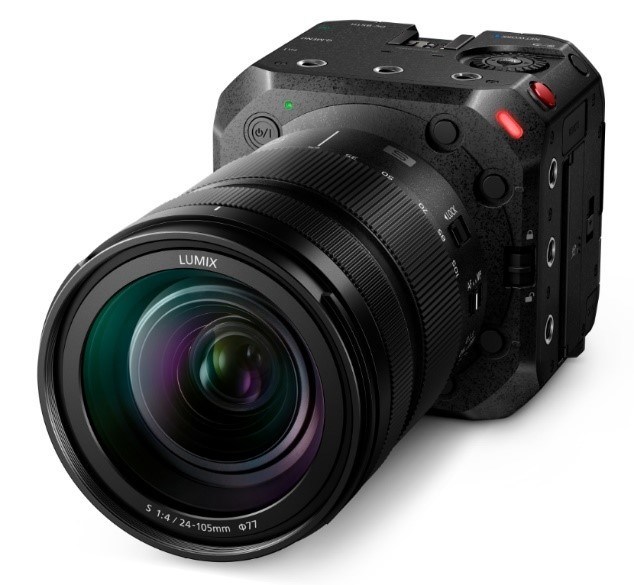NASA Selects Missions to Study Our Sun, Its Effects on Space Weather

NASA has selected two new missions to advance our understanding of the Sun and its dynamic effects on space. One of the selected missions will study how the Sun drives particles and energy into the solar system and a second will study Earth’s response.
The Sun generates a vast outpouring of solar particles known as the solar wind, which can create a dynamic system of radiation in space called space weather. Near Earth, where such particles interact with our planet’s magnetic field, the space weather system can lead to profound impacts on human interests, such as astronauts’ safety, radio communications, GPS signals, and utility grids on the ground. The more we understand what drives space weather and its interaction with the Earth and lunar systems, the more we can mitigate its effects – including safeguarding astronauts and technology crucial to NASA’s Artemis program to the Moon.
“We carefully selected these two missions not only because of the high-class science they can do in their own right, but because they will work well together with the other heliophysics spacecraft advancing NASA’s mission to protect astronauts, space technology and life down here on Earth,” said Thomas Zurbuchen, associate administrator for the Science Mission Directorate at NASA Headquarters in Washington. “These missions will do big science, but they’re also special because they come in small packages, which means that we can launch them together and get more research for the price of a single launch.”
PUNCH
The Polarimeter to Unify the Corona and Heliosphere, or PUNCH, mission will focus directly on the Sun’s outer atmosphere, the corona, and how it generates the solar wind. Composed of four suitcase-sized satellites, PUNCH will image and track the solar wind as it leaves the Sun. The spacecraft also will track coronal mass ejections – large eruptions of solar material that can drive large space weather events near Earth – to better understand their evolution and develop new techniques for predicting such eruptions.
These observations will enhance national and international research by other NASA missions such as Parker Solar Probe, and the upcoming ESA (European Space Agency)/NASA Solar Orbiter, due to launch in 2020. PUNCH will be able to image, in real time, the structures in the solar atmosphere that these missions encounter by blocking out the bright light of the Sun and examining the much fainter atmosphere.
Together, these missions will investigate how the star we live with drives radiation in space. PUNCH is led by Craig DeForest at the Southwest Research institute in Boulder, Colorado. Including launch costs, PUNCH is being funded for no more than $165 million.
TRACERS
The second mission is Tandem Reconnection and Cusp Electrodynamics Reconnaissance Satellites, or TRACERS. The TRACERS investigation was partially selected as a NASA-launched rideshare mission, meaning it will be launched as a secondary payload with PUNCH. NASA’s Science Mission Directorate is emphasizing secondary payload missions as a way to obtain greater science return. TRACERS will observe particles and fields at the Earth’s northern magnetic cusp region – the region encircling Earth’s pole, where our planet’s magnetic field lines curve down toward Earth. Here, the field lines guide particles from the boundary between Earth’s magnetic field and interplanetary space down into the atmosphere.
In the cusp area, with its easy access to our boundary with interplanetary space, TRACERS will study how magnetic fields around Earth interact with those from the Sun. In a process known as magnetic reconnection, the field lines explosively reconfigure, sending particles out at speeds that can approach the speed of light. Some of these particles will be guided by the Earth’s field into the region where TRACERS can observe them.
Magnetic reconnection drives energetic events all over the universe, including coronal mass ejections and solar flares on the Sun. It also allows particles from the solar wind to push into near-Earth space, driving space weather there. TRACERS will be the first space mission to explore this process in the cusp with two spacecraft, providing observations of how processes change over both space and time. The cusp vantage point also permits simultaneous observations of reconnection throughout near-Earth space. Thus, it can provide important context for NASA’s Magnetospheric Multiscale mission, which gathers detailed, high-speed observations as it flies through single reconnection events at a time.
TRACERS’ unique measurements will help with NASA’s mission to safeguard our technology and astronauts in space. The mission is led by Craig Kletzing at the University of Iowa in Iowa City. Not including rideshare costs, TRACERS is funded for no more than $115 million.
Launch date for the two missions is no later than August 2022. Both programs will be managed by the Explorers Program Office at NASA’s Goddard Space Flight Center in Greenbelt, Maryland. The Explorers Program, the oldest continuous NASA program, is designed to provide frequent, low-cost access to space using principal investigator-led space science investigations relevant to the work of NASA’s Science Mission Directorate in astrophysics and heliophysics. The program is managed by Goddard for the Science Mission Directorate, which conducts a wide variety of research and scientific exploration programs for Earth studies, space weather, the solar system and universe.
For additional information, and the chance to ask more about the missions, please join us for a Reddit Ask Me Anything at 12:30 – 1:30 p.m. EDT June 21.
For more information about the Explorers Program, visit:





